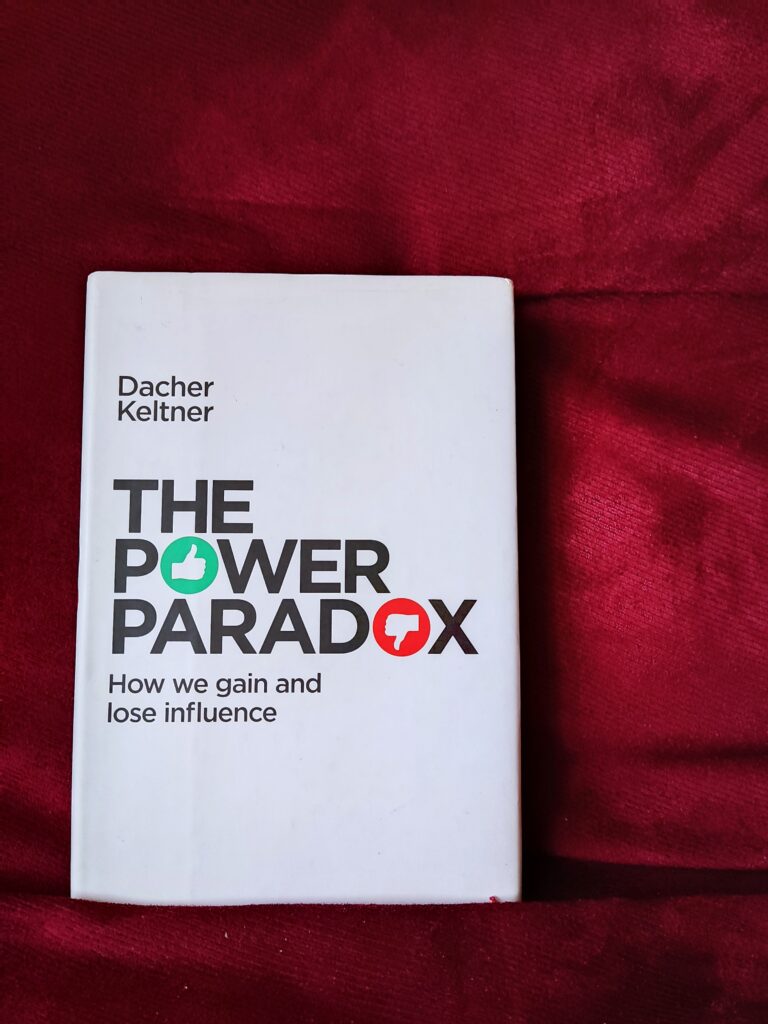When Should Parents Give Their Children a Smartphone?
Two years ago, when my son was in fourth grade, his homeroom teacher asked the class of 20 students, “Who here doesn’t have a smartphone?” Only three students raised their hands, one of whom was my son. After school, my son told me about it and asked, “Dad, why doesn’t [Name] have a smartphone?”
Currently, as my child approaches his elementary school graduation, his teacher has created a WhatsApp group for the entire sixth-grade class. Since my child doesn’t have a smartphone, his mother joins the group. The chatter is filled with children’s chatter, consisting of short text messages, emoticons, and stickers, aimlessly responding to each other.
I wonder, isn’t it too early for parents to give their children smartphones in elementary school? Aren’t educational institutions too lenient in facilitating children’s interaction with smartphones at elementary school age?
Today’s children are digital natives, some of whom have parents who are also digital natives. Not only were they born into the digital age, but so were their parents. I wonder again, is it possible that parents give their children smartphones early simply so they can use them freely without being disturbed by their children? Probably not. But today’s children are indeed digital natives, whose mothers have breastfed them with smartphones in their hands since their first days. Smartphones have become an object easily grasped by children.
Yes, children in Indonesia have been exposed to smartphones and the internet from an early age. Data from Statistics Indonesia (BPS) in 2024 shows that many young children in Indonesia access the internet and use smartphones, even before the age of one. As children age (up to 6 years), the percentage of young children in Indonesia who access the internet and use smartphones increases. Of 10 Indonesian children aged 6 years, 5 have accessed the internet and used smartphones. The same data also shows that higher parental income is associated with greater exposure to the internet and smartphones.
If Indonesian children have been accessing the internet and using smartphones since an early age, isn’t it just a matter of time before they have their own smartphones?
Besides being accustomed to using smartphones since childhood, another reason why elementary school-aged children, including my child, whine for a smartphone is that using a smartphone and accessing the internet, including social media, is a phenomenon that social scientists call a collective action problem. Children want a smartphone and social media accounts because many of their friends have them.
In his article , social psychologist Jonathan Haidt explains this phenomenon as follows.
Yet we are not helpless. It often feels that way because smartphones, social media, market forces, and social influence combine to pull us into a trap that social scientists call a collective action problem. Children starting secondary school are trapped in a collective action problem when they arrive for their first day and see that some of their classmates have smartphones and are connecting on Instagram and Snapchat, even during class time. That puts pressure on them to get a smartphone and social media as well.
It’s painful for parents to hear their children say: “Everyone else has a smartphone. If you don’t get me one, I’ll be excluded from everything.” Many parents therefore give in and buy their child a smartphone at age 11, or younger. As more parents are willing, pressure grows on the remaining children and parents, until the community reaches a stable but unfortunate equilibrium: Everyone really does have a smartphone.
What would happen if every child had a smartphone? Haidt, in his book, The Anxious Generation , warns of the dangers that lie ahead. He writes,
I present research showing that a phone-based childhood disrupts child development in many ways. I describe four foundational harms: sleep deprivation, social deprivation, attention fragmentation, and addiction. I then zoomed in on girls to show that social media use does not just correlate with mental illness; it causes it, and I lay out the empirical evidence showing multiple ways that it does so. I explain how boys come to their poor mental health by a slightly different route.
To prevent children from experiencing the negative effects of smartphone use and internet access, including social media, Haidt offers suggestions for what parents can do to provide a foundation for their children to live a healthier life in the digital age. (Haidt seems to like using the word ‘foundation’ to describe something fundamental, including his theory of morality, called Moral Foundations Theory.) Haidt lists two of these foundations as follows.
-
No smartphones before high school . Parents should delay children’s entry into round-the-clock internet access by giving only basic phones (phones with limited apps and no internet browser) before ninth grade (roughly age 14).
-
No social media before 16 . Let kids get through the most vulnerable period of brain development before connecting them to the firehose of social comparison algorithmically chosen influencers.
Haidt’s fundamental views on smartphone use may be those of a conservative parent, considering that in his country, the United States, the average age for a child to own a smartphone is 11.6 years. You may also disagree with Haidt’s views.
Candice L. Odgers, a psychologist and informatics researcher at the University of California, San Francisco, disagrees with Haidt’s view that digital technology (smartphones and social media) negatively impacts children’s mental health. She reports that research findings suggest the relationship between digital technology use and mental health in children is associative, not causal, and that the associations between the two vary: no association, a small association, and mixed results (some positive and some negative). “When associations over time are found,” she said, “they suggest not that social-media use predicts or causes depression, but that young people who already have mental-health problems use such platforms more often or in different ways from their healthy peers.”
So, if no negative effects of mobile phone and social media use on children’s mental health have been found, why is there a need to limit the age of use?
If it doesn’t affect mental health, perhaps we need to look at other studies that examine the risks of smartphone use in children. Jacqueline Nesi, a clinical psychologist at Brown University, said, “…smartphones come with risks. We know that when phones are present they can distract teens from academic work, interrupt in-person social interactions and interfere with sleep. We also know that smartphones offer an in-your-pocket portal to everything on the Internet—some of which we’d rather they not see.”
Another risk of smartphone and social media use in children reported by researchers is bullying. Susan Swearer, a psychologist who researches bullying, said in an interview with the American Psychological Association (APA), “Technology has definitely impacted bullying. What used to be a face-to-face encounter that occurred in specific locations is now able to occur 24 hours a day, seven days a week. Technology—computers, cell phones and social networking sites — are all conditions that allow bullying to occur. One way to protect our children is to limit and/or monitor their use of this technology.”
So, regarding the question of when parents should give their children a smartphone, the answer can be based on Haidt’s advice above. The answer can also be individual, based on parents’ own considerations of the potential risks of having their own smartphones. Therefore, when parents give their children a smartphone is entirely up to the parents themselves, who are consciously aware of the risks involved.
The problem, as Swearer points out, is that most parents and children themselves are unaware of the negative impacts of smartphone and social media use. He explained,
I ask parents, “Would you let your 12-year-old daughter walk alone down a dark alley?” Obviously, the answer is “no.” The follow-up question is, “Then why would you let your 12-year-old daughter be on the computer or be texting unmonitored?” Parents and kids don’t realize the negative side to technology and social networking sites.
This article is an English (Google-translated) version of Kapan Orangtua Sebaiknya Memberi Handphone untuk Anaknya?







